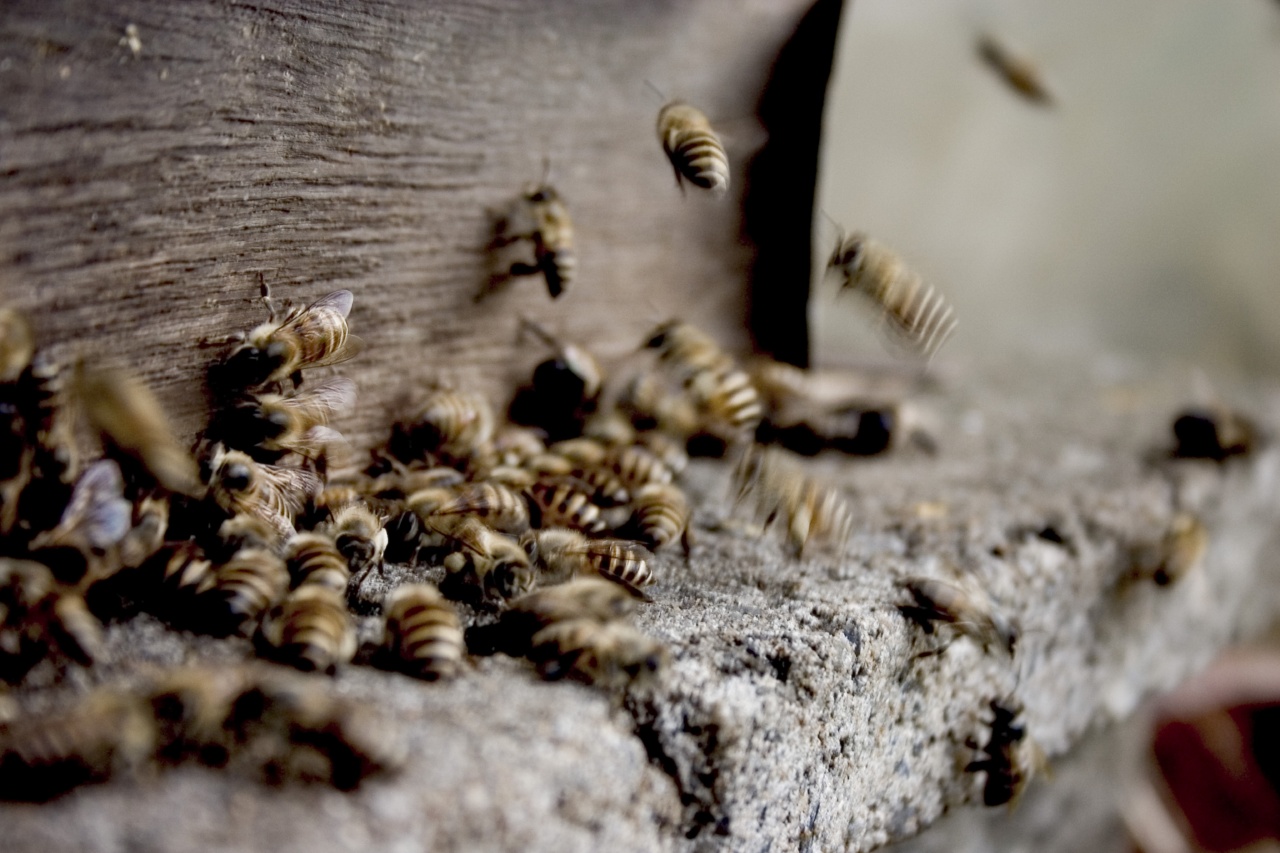Animal products have been a staple in human diets for centuries. However, the consumption of these products has drastically increased in recent decades, leading to numerous health and environmental concerns.
While animal products can be a valuable source of nutrients, overindulging in them can have severe consequences for both individuals and the planet.
1. Increased Risk of Chronic Diseases
The excessive consumption of animal products, particularly red meat and processed meats, has been linked to a higher risk of various chronic diseases. These include heart disease, stroke, type 2 diabetes, and certain types of cancer.
The high levels of saturated fats and cholesterol present in animal products contribute to the development of these conditions.
Studies have consistently shown that individuals who consume large quantities of animal products have an increased likelihood of suffering from heart problems.
High cholesterol levels resulting from consuming excessive animal fats lead to the formation of plaque in the arteries, restricting blood flow and potentially causing heart attacks and strokes.
In addition to heart disease, eating excess animal products also raises the risk of developing type 2 diabetes.
Studies have found that people who consume meat daily have a significantly higher chance of developing diabetes compared to those who follow plant-based diets. This can be attributed to the high-fat content in animal products and the detrimental effects it has on insulin sensitivity.
Moreover, a growing body of evidence suggests that a diet rich in animal products is associated with an increased risk of certain cancers, including colon, breast, and prostate cancer.
While the exact mechanisms are not fully understood, factors such as the carcinogens produced during meat cooking and the hormones used in animal agriculture are believed to contribute to these associations.
2. Negative Impact on the Environment
Overindulging in animal products not only affects human health but also places a significant strain on the environment. Animal agriculture is a major contributor to greenhouse gas emissions, deforestation, and water pollution.
One of the main environmental concerns associated with animal agriculture is its role in climate change.
Livestock farming is responsible for a significant portion of global greenhouse gas emissions, primarily from methane produced by livestock digestion and manure management. These emissions contribute to the greenhouse effect and the acceleration of global warming.
Furthermore, animal agriculture requires vast amounts of land and water resources. Raising animals for food necessitates extensive land usage for grazing, as well as for growing animal feed crops such as soy and corn.
This leads to deforestation and habitat destruction, negatively impacting biodiversity and contributing to climate change.
The intensive use of water in animal agriculture is another major concern. From providing drinking water to animals to irrigating crops fed to livestock, the industry places a significant strain on water resources.
Additionally, the pollution resulting from animal waste runoff contaminates water bodies, harming aquatic ecosystems and threatening human drinking water supplies.
3. Antibiotic Resistance
Overindulging in animal products also contributes to the growing threat of antibiotic resistance.
The routine use of antibiotics in animal agriculture, particularly in factory farming operations, is widespread to prevent disease outbreaks in crowded and unsanitary conditions.
However, the continuous and extensive use of antibiotics in animal farming leads to the development of antibiotic-resistant bacteria. When humans consume animal products containing these bacteria, they become more difficult to treat with antibiotics.
This poses a significant risk to public health, as infections caused by antibiotic-resistant bacteria are harder to cure and can lead to severe complications.
4. Ethical Concerns
While the focus of this article has primarily been on the health and environmental risks of overindulging in animal products, it is crucial to acknowledge the ethical concerns as well.
The mass production of animal products often involves practices that are deemed inhumane and cruel.
Animals raised in factory farms may be subjected to overcrowded and unsanitary living conditions, routine use of hormones and antibiotics, and painful procedures such as debeaking or tail docking.
These farming practices prioritize profit over animal welfare, leading to widespread suffering and a disregard for the intrinsic value of the animals being raised for food.
Choosing to reduce or eliminate the consumption of animal products can help mitigate the ethical concerns associated with the modern food industry.
Plant-based diets offer a more compassionate approach to food consumption, respecting both the environment and animals.
Conclusion
Overindulging in animal products poses significant dangers, not only for individual health but also for the environment and animal welfare.
The excessive consumption of animal products increases the risk of chronic diseases, contributes to environmental degradation and climate change, promotes antibiotic resistance, and raises ethical concerns.
Reducing the consumption of animal products, particularly processed meats and red meats, and incorporating more plant-based options into diets can have substantial benefits for both individuals and the planet.
By making conscious dietary choices, individuals can improve their health, reduce their environmental footprint, and contribute to a more compassionate food system.



























